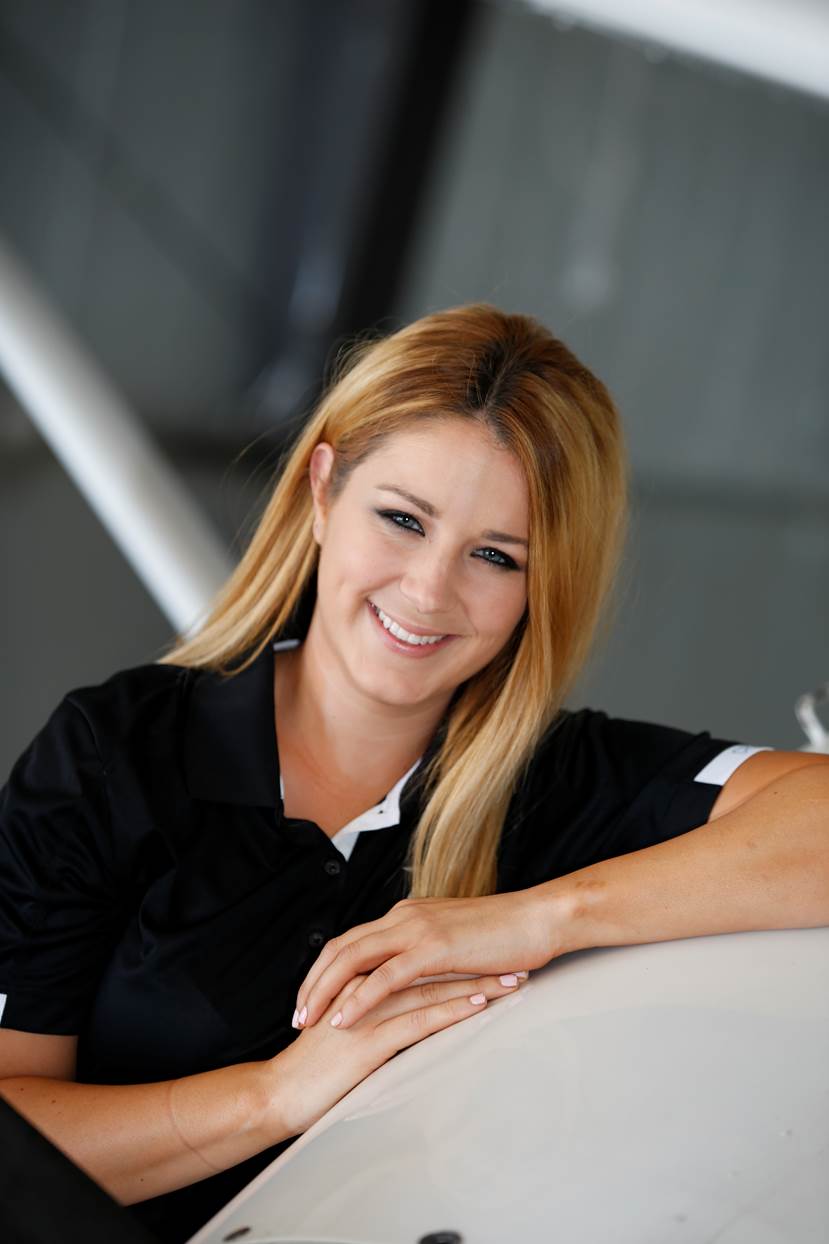Virginia airport welcomes second FBO
Virginia may be for lovers, but a contentious battle has been raging for months over the establishment of a second fixed-based operator (FBO) at Richmond Executive-Chesterfield County Airport. The heated debate finally came to a head on Nov. 14 when the board voted 3 to 2 to approve a second FBO.
Since 1991, the 45-year-old airport has had one FBO, Dominion Aviation Services, but a new company, Richmond Executive Aviation LLC, will soon be opening its doors. Owned by retired JetBlue pilot Mark Hackett, the new FBO plans to build two 10,000-square-foot hangars from which it will operate a flight school and provide services like aircraft storage, fueling, and maintenance. Based on preliminary information, it’s expected to net the county $66,000 in new annual revenue through real estate and personal property taxes, rent, and fuel flowage fees.
But getting the board to approve a second FBO at Chesterfield County Airport was an uphill battle. Dominion Aviation CEO Mike Mickel said allowing another company to operate on the two prime spots near the terminal would disrupt his operation if he chose to expand farther down the ramp. Concerns over safety also were brought up by the National Air Transportation Association, which claimed, “The mixing of piston flight training aircraft with turbine aircraft is a recipe for disaster and a potential risk of harm to people.”
In an Oct. 23 letter to the board of supervisors, AOPA supported the establishment of a second FBO, stating that competition is good for ensuring quality of service and reasonable pricing. In its letter, AOPA cited the FAA’s guidance on FBOs, which was released in December 2017 and summarizes the applicable grant assurances with which airport sponsors must comply. “Federally obligated airport sponsors have a responsibility to ensure that FBO services and pricing practices are reasonable and applied in a non-unjustly discriminatory manner (Grant Assurance 22, Economic Nondiscrimination). In any agreement, contract, lease, or other arrangement that grant a right to conduct aeronautical services to the public at the airport, the sponsor must insert and enforce provisions requiring the contractor to (1) furnish services on a reasonable, and not unjustly discriminatory, basis to all users and (2) charge reasonable, and not unjustly discriminatory, prices for services.”
After some research, AOPA found that Virginia’s Leesburg Executive Airport, which successfully operates five flight schools and a full-service FBO, is very similar to Richmond Executive. For several years, two FBOs safely operated at Leesburg Executive before one was acquired by the other. There have been no known safety issues resulting from the integration of jet and piston operations.
News of a second FBO opening at the Richmond Executive airport is a victory for the community, local pilots, and airport manager Pat Driscoll, who said he is elated that the county made the right decision with regard to business development and competition.
For almost two years, AOPA has been working with the industry, the FAA, and local airport officials to understand the effect of egregious FBO fees, lack of transparency, and access at airports across the country. Last month, AOPA was joined by five other major associations and released the “Know Before You Go” best business practices, a set of communications practices to enhance FBO transparency, including publishing an online list of prices, fees, and charges that pilots may face when landing at an airport.
AOPA hopes that widespread adoption of these business practices will enhance general aviation as a whole. For now, the association is celebrating every victory that gives pilots more options.



